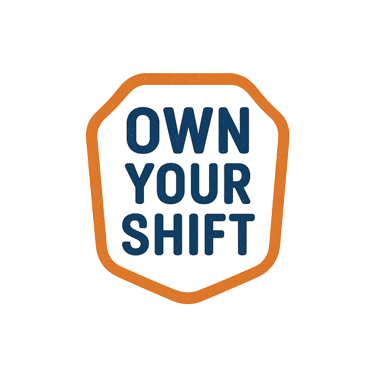Are You an Asset—or a Liability—at Work?
When your manager sees you walk through the door, do they think, “Thank Goodness they’re here”—or “Oh no, not today”? That reaction, right there, tells you everything. In restaurants, you’re either an asset or a liability. There’s no neutral. Every shift, you either make things run smoother—or you make them harder. The good news? You get to choose which one you’ll be.
9/19/20252 min read


What Managers Really Deal With
Most employees don’t realize how much managers juggle. Staff shortages. Angry guests. Food running late. Rising costs.
Managers spend half their day putting out fires. That means every employee either helps calm the chaos—or adds gasoline to it.
What Makes You an Asset
Assets make life easier. They bring value. They protect the guest experience and the restaurant’s bottom line.
Here are a few traits every manager notices:
Reliable – You’re on time, every time. Not just at the start of the shift, but present and dependable all shift long.
Proactive – You don’t wait to be told. You see something that needs doing, and you do it.
Teachable – You listen to feedback, improve, and even help train others.
Flexible – You’re willing to cover a shift, switch sections, or step in where needed.
Customer-Focused – You treat every guest like they’re important, no matter how small the request.
Have you ever worked with someone who sees food stacking up in the window and jumps in to run it—even when it’s not their table? That’s an asset. People love working with them, managers trust them, and guests reward them.
What Makes You a Liability
Liabilities drain energy, create stress, and cost the business money. Managers keep score—maybe not out loud, but in their heads.
Here are the red flags:
Unreliable – You show up late, call out often, or leave tasks half done.
Negative Attitude – You complain, gossip, or bring drama into the shift.
Self-Centered – You only care about your own section, your own tips.
Unteachable – You argue with feedback or brush off corrections.
Careless – You waste food, ignore safety, or frustrate guests.
Imagine someone who rolls their eyes at guests, shrugs at mistakes, or leaves a messy station. That person is expensive—and replaceable.
The Cost of Being a Liability
Liabilities don’t just hurt themselves. They impact everyone:
To the Restaurant: Lower guest satisfaction, lost sales, higher costs.
To the Team: Extra stress, heavier workloads, broken trust.
To Yourself: Fewer shifts, slower promotions, sometimes no job at all.
Managers don’t have time to babysit. If they see you as a liability, your hours, shifts, and opportunities disappear quickly.
The Rewards of Being an Asset
On the flip side, assets are gold. Managers fight to keep them.
More Hours: You’re the one scheduled for busy nights.
Prime Sections: Managers know you can handle them.
Promotions: When leadership spots open up, assets get first consideration.
Respect: Guests, coworkers, and managers all see you as dependable.
Becoming “irreplaceable” in restaurants isn’t about being the most talented. It’s about being the most valuable.
Quick Self-Check
Ask yourself:
Do people breathe a sigh of relief when I walk in—or when I leave?
Am I solving problems or creating them?
If hours were cut tomorrow, would I be safe—or on the chopping block?
If the answers make you uncomfortable, that’s your cue to change.
Key Takeaway
In restaurants, you’re never “just another worker.” Every shift, you’re either an asset helping the business grow—or a liability dragging it down.
The choice is yours.
Action Step
Take out a piece of paper and make two columns:
Ways I’m an Asset
Ways I’m a Liability
Circle one liability you can fix on your very next shift. Maybe it’s showing up 10 minutes earlier. Smiling more. Double-checking every order.
Start there. The shift from liability to asset doesn’t happen overnight—but every small choice moves you closer to becoming the kind of employee managers fight to keep.
